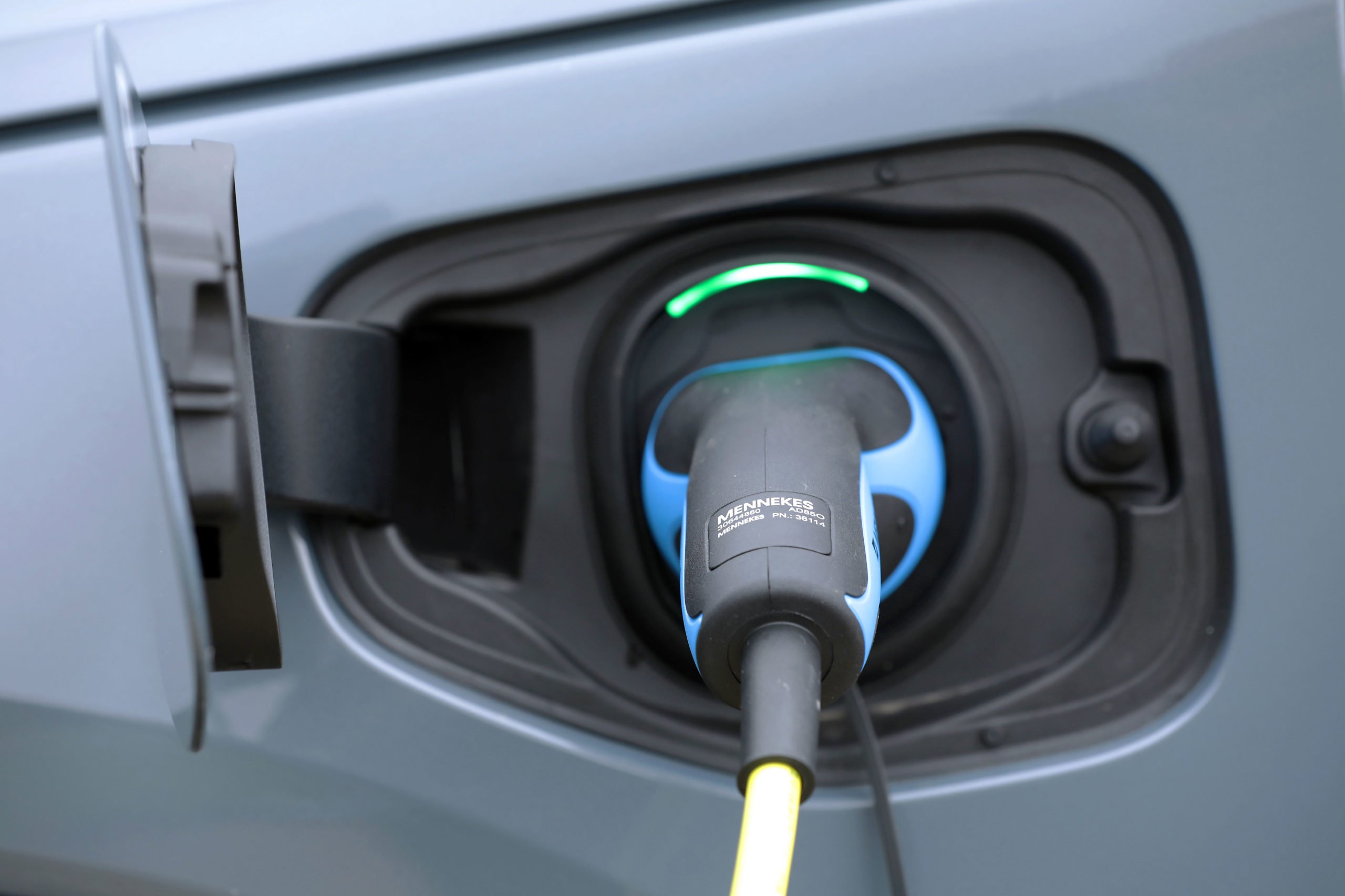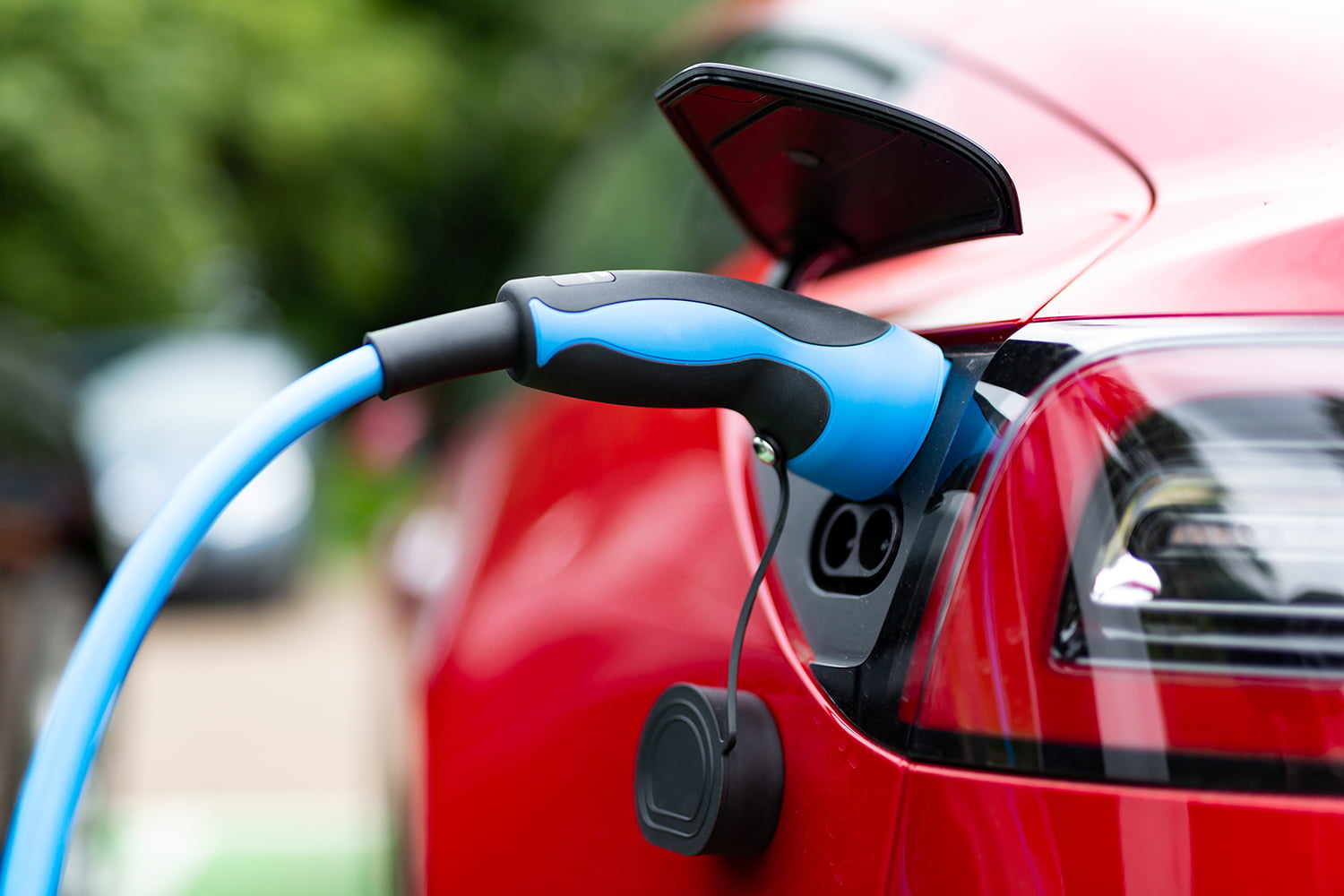
The invasion of Ukraine is devastating an independent and democratic country and has shocked the entire global community. We condemn the Russian state’s aggression and support the actions of the international community to bring an end to the conflict through all diplomatic, financial and trading mechanisms as well as the provision of specific support to the people of Ukraine.
Inevitably, there will be an impact on the sector. Russia and Ukraine are relatively small but important markets for UK automotive trade, last year accounting for just 1% and 0.5% of British vehicle exports respectively. They are, however, key producers of certain raw materials, including aluminium and neon, which is used in semiconductor manufacture, and are part of the European automotive supply chain.
This crisis adds further risk into global supply chains already impacted by inflationary pressures, component shortages and energy price increases. We are therefore working with government and our members to help manage the impact on the sector and, in particular, any support required for staff and people affected by the crisis.
SMMT will provide regular updates to members via a new online hub, with information and guidance on UK and international responses, including the latest sanctions imposed, and assessments on the impact on automotive businesses and their staff. We are also convening a member taskforce and hosting a series of webinars – the first of which will take place on 8 March. If you have questions or feedback in the meantime, please email the team here.
In other, more familiar news, new car registration figures released today, show car buyers are continuing to switch to plug-in vehicles in greater numbers. While overall registrations in February were up 15.0% – albeit remaining below pre-pandemic levels – the number of vehicles registered with a plug grew by almost a quarter. When combined with hybrid registrations, electrified vehicles accounted for more than a third of all new cars leaving dealerships last month.
LCV registrations on the other hand decreased by -6.0% against last year’s bumper performance. Global supply shortages and economic headwinds remain a challenge and the sector’s steady switch to zero emission must pick up pace. More electrified models are coming onto the market this year but we need chargepoint rollout to accelerate, giving operators greater confidence to transition to the latest electric vans.
Public chargepoint rollout, continues to lag behind plug-in car sales and is stalling the switch to electrified LCVs. As concerns over rising energy prices and the cost of living, plus the as yet unknown effects of the crisis in Ukraine on consumer and business confidence, we hope government will use its upcoming Spending Review to support the transition, continuing support for home and workplace charging, boosting public chargepoint rollout and, given the massive increase in energy prices, reduce VAT on public charging points.
The transition to zero emission motoring will be the focus of SMMT’s Electrified conference taking place on 23 March. We are delighted to announce that the event will feature political keynotes from Trudy Harrison MP, Parliamentary Under Secretary of State for Transport and Louise Haigh MP, Shadow Secretary of State for Transport. For more information on speakers and tickets please click here.
Ahead of the event, SMMT’s International Department will be running a series of webinars on electrified opportunities overseas. The first in the series will take place on 10 March in conjunction with the Illinois Department of Commerce and Economic Opportunity. Find out more here.


